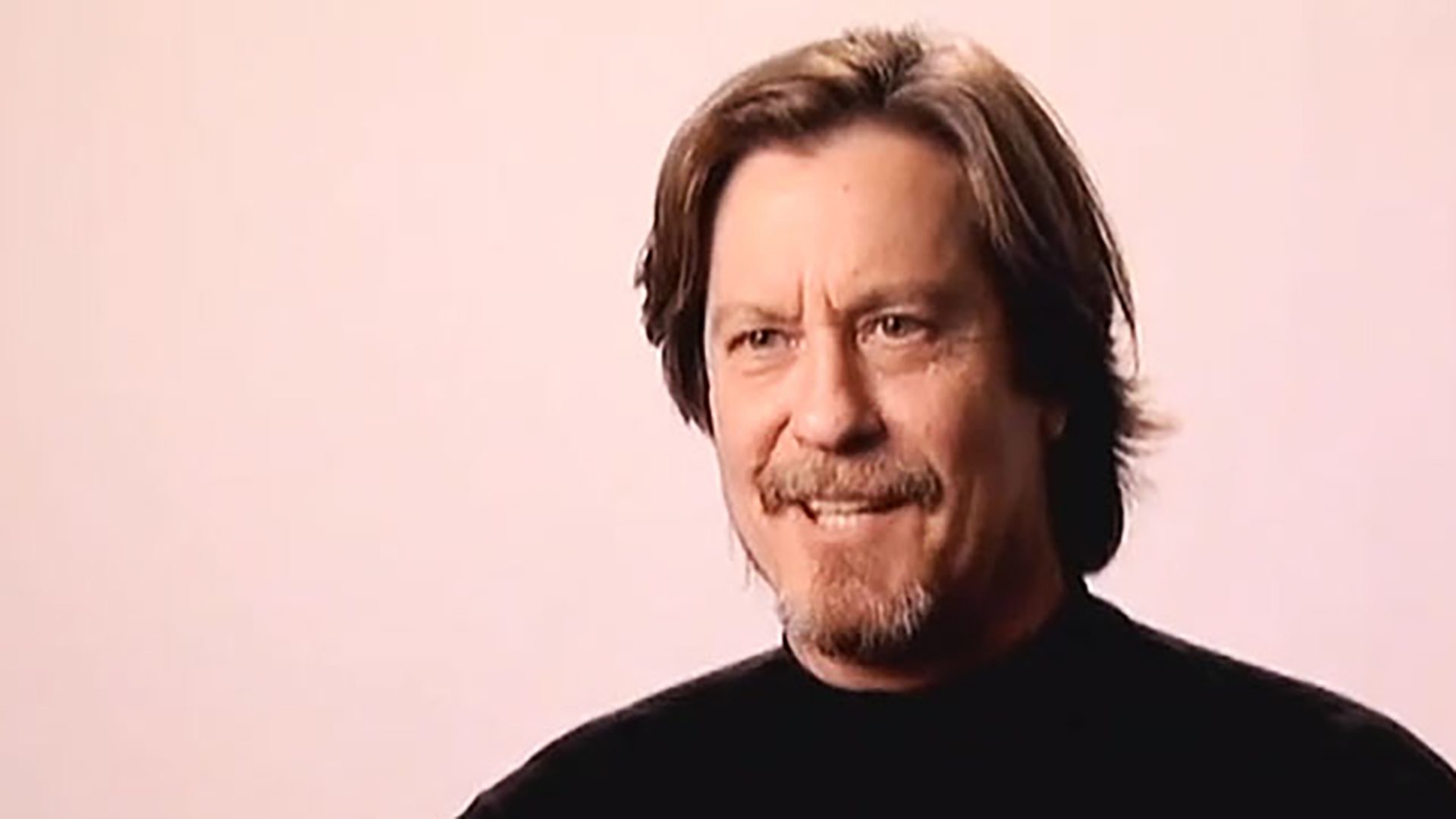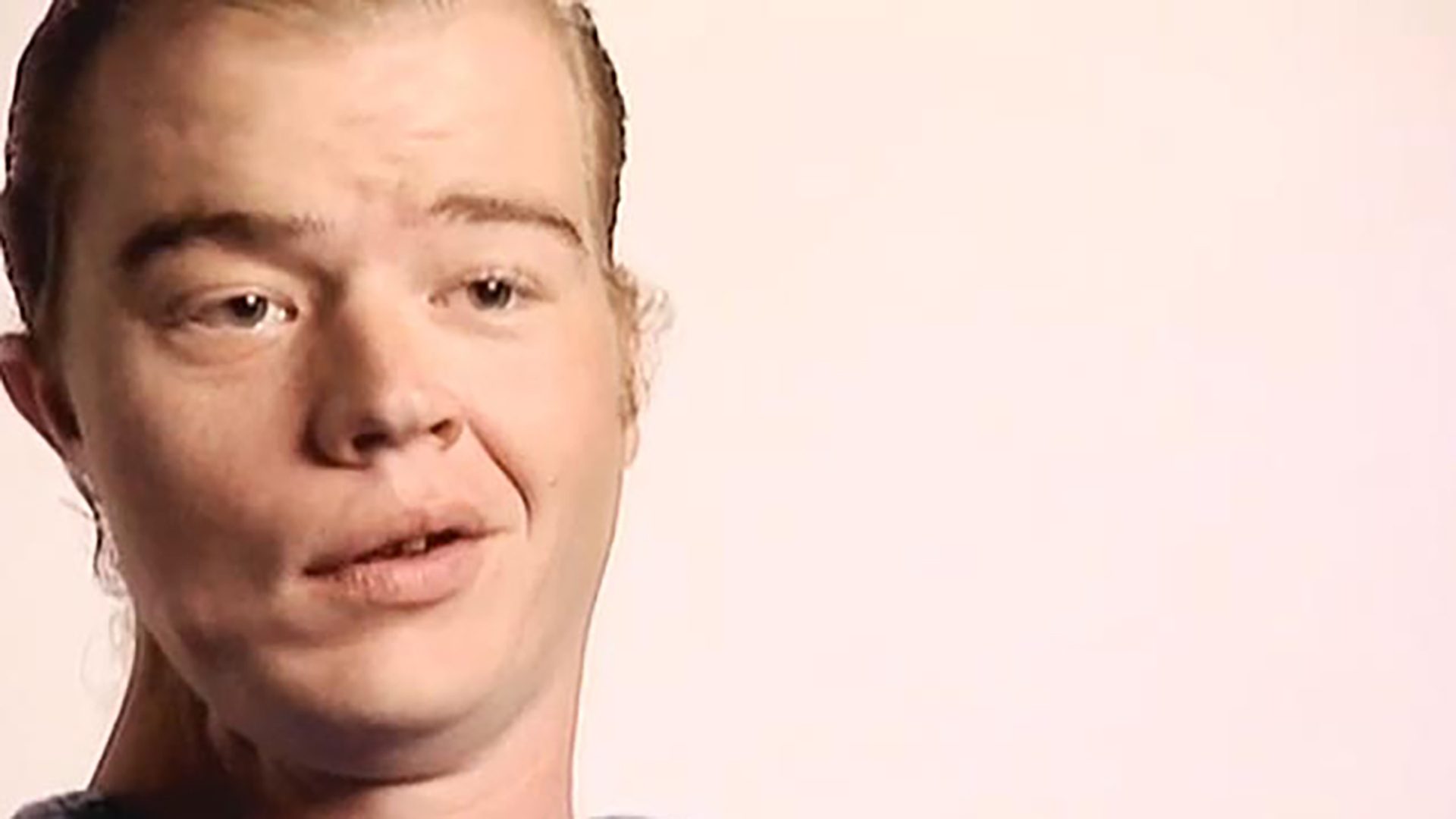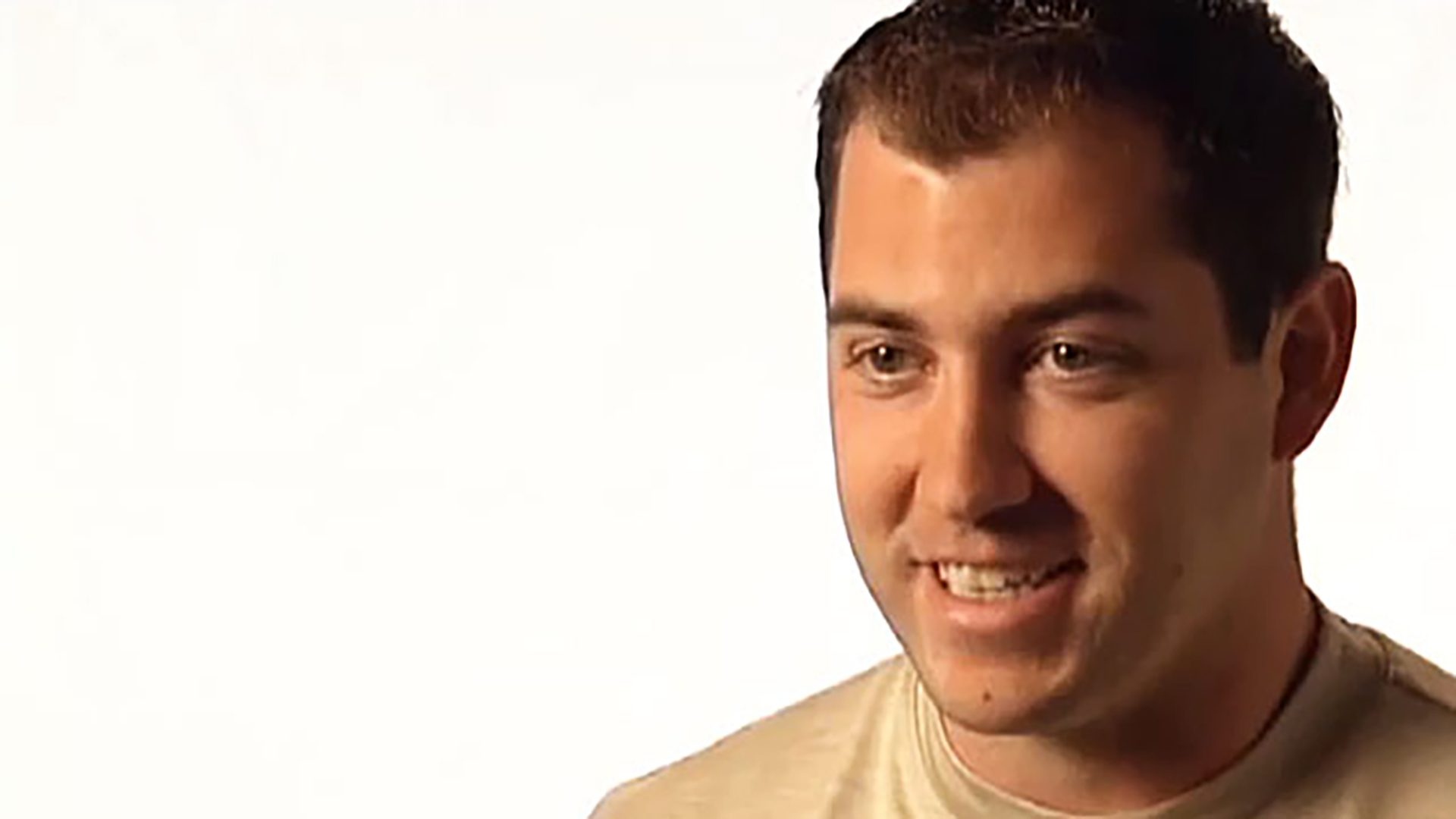Survivor Interview – Bob B.
Bob, a testicular cancer survivor, talks about chronic pain, exercise and healthy living, and the support he receives from his wife and his community.

In 1985, I was diagnosed with testicular cancer. It seemed like the cancer was the minor issue. I turned out to be a one percentile as far as side effects from my surgery, and I’ve had major complications with bowel obstructions. Over the 18 years, I’ve had about nine bowel obstructions; two that required major surgery.
The root cause was the lymph node dissection, where they actually go in and remove the lymph nodes along the urinary tract. Scar tissue starts adhering to certain parts of the body, and it just so happened it adheres to the intestine, which causes obstructions. I healed up pretty nicely, but in the wrong way.
My wife and I pretty well know the routine when something’s up, because we’ve had so many issues, especially with the bowel obstructions, stomach aches, distended belly, backaches, nausea.
It is important to have a great caregiver. I don’t think anyone can get through this on their own. I was single at the time. I was dating a woman. And it just so happens she’s now my wife, after 18 years. It’s kind of funny that I can remember how long I’ve been married and how long I’ve had cancer. It’s the same number. Thank God I was with her, because she’s a strong, strong-willed person and kicked my butt when I needed it kicked and was there when I needed it. Because I’ve seen this tear people apart and tear families apart, and it doesn’t need to be. People need to pull together. I think that’s very important.
I’ve had a lot of what I call nerve damage. Still have numbness in my thighs even after 18 years. It feels like my legs are asleep, and that’s just from the nerve damage. It’s kind of like you’ve heard people talk about when they’ve lost a limb. You know, they have phantom pains. I go through that on occasion, and it’s usually through the thigh, through the groin area. And it goes away. It’s kind of sharp pains and it kind of gets your attention, but then eventually, it subsides.
It’s really not affected the way I live. It’s affected what I think about every day, and that’s living the day the best I can. I don’t really think about it, other than I’m conscious every day that I’m here and I’m still alive and living a great day.
Since this was in 1985, a lot has changed as far as information. At the time, we didn’t know about infertility. That’s something that really hit hard when I found out I can’t have kids. If I would have known then, we could have planned for it. So that’s probably one of the biggest other side effects that has been the outcome of cancer.
I think one of the key things that I learned early on was pain is inevitable, suffering is optional. And I think that’s a phrase that anyone can embrace and should embrace. Because, you know, it’s gonna hurt, but you don’t have to suffer through it, you know, and it’s amazing how your will can help you get well.
I was a marathoner, cyclist, triathlete, and I was invincible. I mean, I wasn’t gonna get cancer. I wasn’t gonna get sick. I do everything right, eat well, exercise. So what I found out was that because I was an athlete, it helped me through the healing process. I’ve continued my exercise program, and I think it’s very important that people continue to do that, because it only helps speed up the healing process.
People, when they’re diagnosed with cancer, they think it’s a death sentence. It’s not. It’s about living. It’s about living and every day should be a living process. I can’t sit here and lie to you and say I wasn’t afraid, because I was, but I never thought I was gonna die, and I think that’s a key. People should never think they’re gonna die. They’re gonna live. I think when you’re faced with a life-threatening illness, you’re more in tune with your surroundings and everything that’s important about living.
Even after 18 years, I still get my annual physicals and checkups, and still to this day, couple of days before the exam, I still get butterflies. What if? What do I do? What do I need to do if this happens again? The recurrence of cancer is always in your mind and something you have to deal with every day. I think that’s a fact of life. I think that’s just one thing you have to deal with as a cancer survivor is that it may come back, it may not, but you’re gonna have to think about it every day. I think it helps you put things in perspective. I think it makes you think about the day and how you’re gonna approach the day and what you’re gonna do. I think it helps get your life in order and keep it in order.
I think meeting other folks who have been diagnosed with cancer has been rewarding. You look at the way they address the issues, and I think it kind of builds your strength, too, because you look at the way they approach it and kind of go, wow, if they can do it, I can do it. I think there’s a lot of drawing of energy from other cancer survivors that everyone should be involved with, and I don’t think you should do this alone. I think it’s important to draw from other people and their experiences.
When you meet people who have cancer or survivors, it is kind of a brotherhood, sisterhood, whatever. I think it’s important that you stop and you talk and you discuss. I don’t think you should brush it off. I think you’ve been touched, that’s for sure. And, I think it’s important that we bound together to try to beat this.
I found that after I was diagnosed, you really want to run out and do something to help those who are in the neighborhood. I think community involvement is very important, because I think it allows you to channel the energy away from worrying about yourself, but instead, helps you channel it on others, which in turn helps you build your soul.
I’m Bob Blomquist, and I’m an 18-year cancer survivor.

